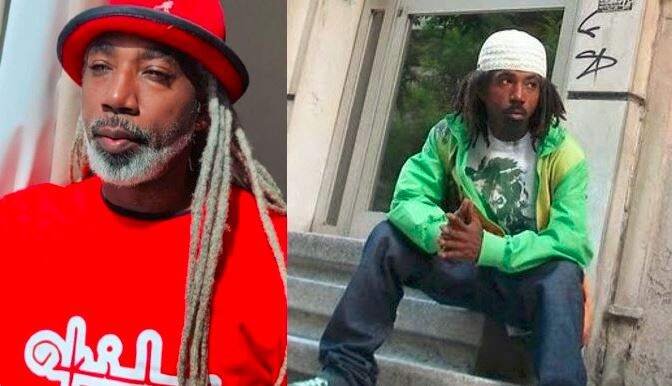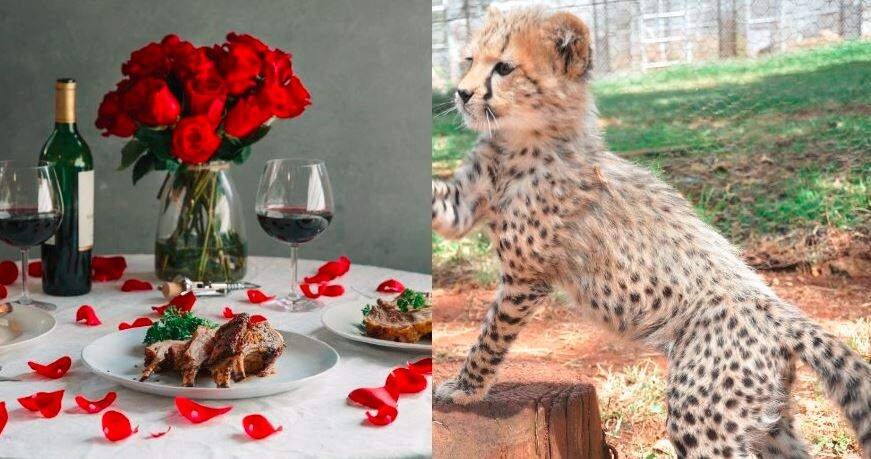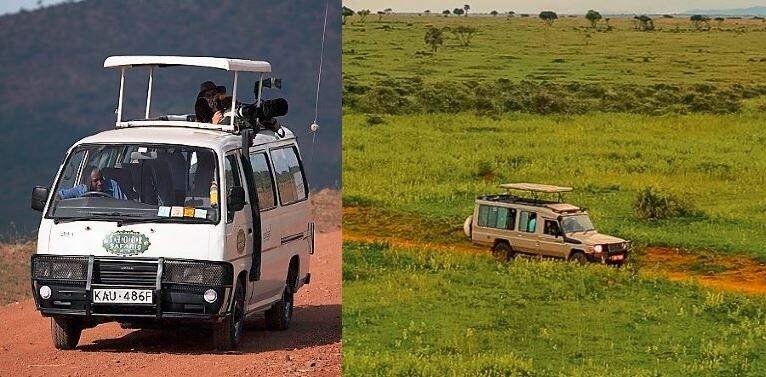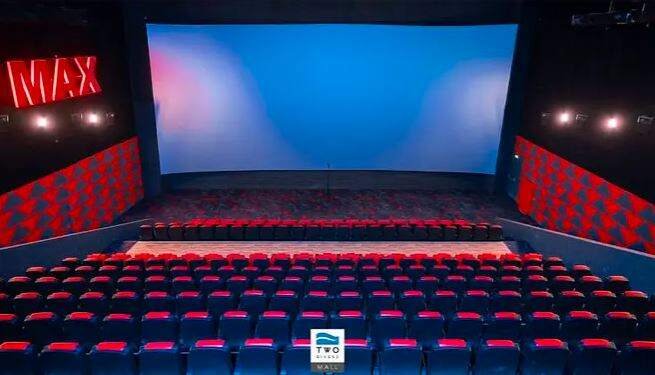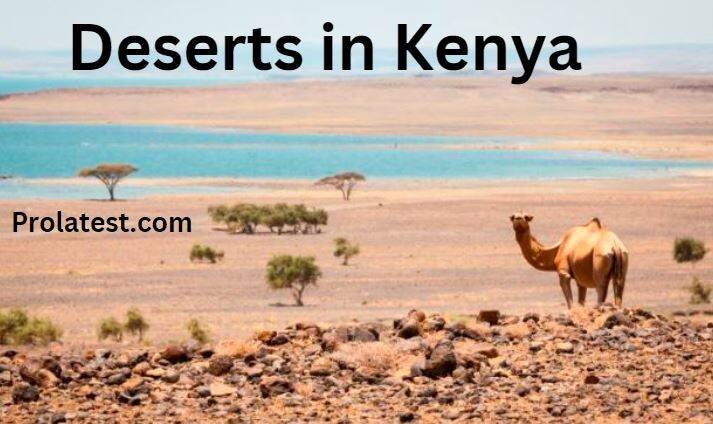An exciting coastal destination to visit any time of the year is the Colobus Conservation. Hidden deep in the tropical forest, the facility is a project for volunteers. It began in 1997 and has since advanced into a home for other primates.
Some tourist researchers come here to study the ecological and behavioral traits of the colobus monkeys. Other laid-back and fun-loving tourists visit to watch the beautiful monkeys.
Try to do an eco-tour of this conservatory soon. This guide is about the location, entrance charges, and activities.
Location
You should travel from Mombasa CBD to the Likoni Ferry using a Boda Boda, Tuk Tuk, Matatu, or car. Ride a ferry to cross over to the South Coast side. Travel to Diani Beach via Ukunda town and take the first left turn at the KFI Supermarket.
Travel along the Diani Beach road for about six and a half kilometers from the junction. Read the signposts to get to the colobus monkeys’ sanctuary. The facility offers eco-tours that enable tourists to see various primates.
It opens up at 8.30 AM and closes at 4.30 PM. You can visit throughout the week except on Sundays.
Call the facility at +254 711 479 453 and request any information about the place. You can also visit the Diani Hotel and ask for help. Someone will assist you in organizing your first eco-tour.
The Colobus Conservation Description and Eco-Tours
The Colobus Conservation is a primate rescue shelter hidden away in the woods. The property has a cottage, an information center, an office, and a conservatory. The twenty-six-year-old facility is in the Diani area on the South Coast of Mombasa. It has the following goals:
- Reducing Road Injuries and Deaths – The Diani Beach Road has divided the forest into two. While the road is helpful, it has contributed to endless injuries and deaths of monkeys. As monkeys cross the road to the other side of the forest to scavenge for food, unaware of the speeding vehicles, they get hit. Some sustain injuries, and others die. Statistics reveal that speeding vehicles hit fifty-five monkeys every year. The Colobus Conservation tries to reduce these injuries and deaths by erecting colobridges across the road. They also conduct ‘go slow’ awareness campaigns and coloring speed bumps.
- Reducing Primate Electrocutions – About twenty percent of deaths and injuries affecting monkeys in the Diani area occur due to electrocutions. These electrocutions have occurred the most during the short rains season. The conservation center in Diani Beach collaborates with KPLC to remove electric lines without proper insulation to reduce electrocution accidents.
- Eliminating Poaching – The facility eliminates poaching by creating awareness among the community members. Together with the Kenya Wildlife Service, it educates the public about the consequences of poaching. The workers at the center work hard to remove animal snares and traps to help save the monkeys.
The Colobus Conservation preserved the Colobus monkeys initially. Today, it has a troop of colobus monkeys and other monkeys like baboons, vervets, and sykes monkeys. Since the sanctuary is in the woods, there is a nature trail.
You will follow this natural trail until you begin viewing the cute colobus monkeys and the rest of the primates. After viewing the animals, the tour guide will take you to the information center.
This place has many posters that demonstrate various ongoing conservation projects. This conservation center has dedicated workers and caregivers who treat the injured animals. Others are professional researchers.
Entrance Fees
A primate Eco-Tour costs 250 Kenyan shillings for adult citizens. Kenyan children aged seven to eleven years are charged 100 Kenyan shillings. Residents pay an entry fee of 750 Kenyan shillings. Their 7 to 11-year-olds need 350 Kenyan shillings to access the conservation center.
Adult foreigners should pay 1,000 Kenyan shillings, while their children aged between 7 and 11 years should pay 500 Kenyan shillings. Any kid below six years is free to come in for free. Any kid above twelve years pays an adult fee.
How to Support the Colubus Conservation’s Projects
After finishing your Primate Eco-Tour, you are free to donate to the project. The donated funds go a long way to start and sustain conservation projects. Another way to support their conservation efforts is to purchase items from their souvenir shop.
All the collected funds will help rehabilitate road-injured or electrocuted animals. You can also adopt a monkey and help sustain its life.


